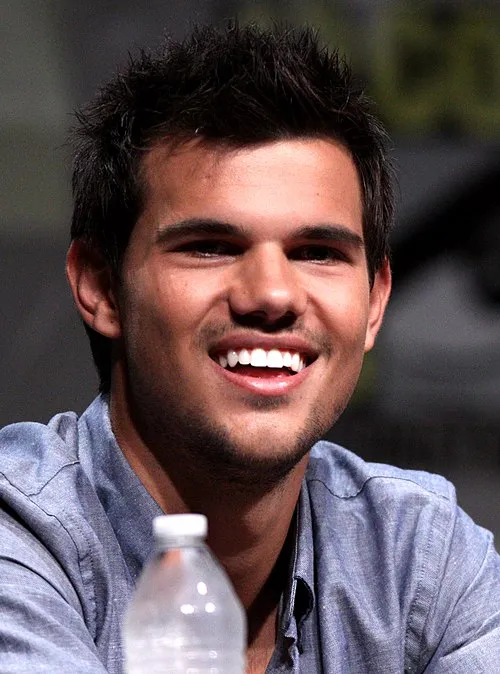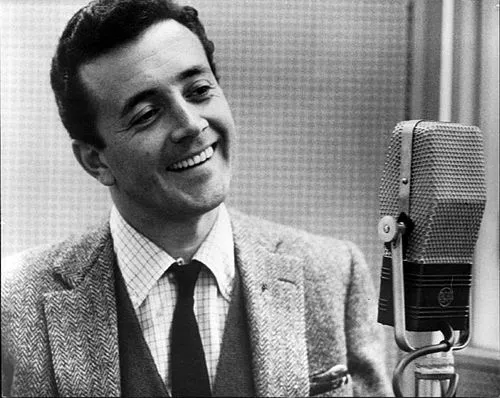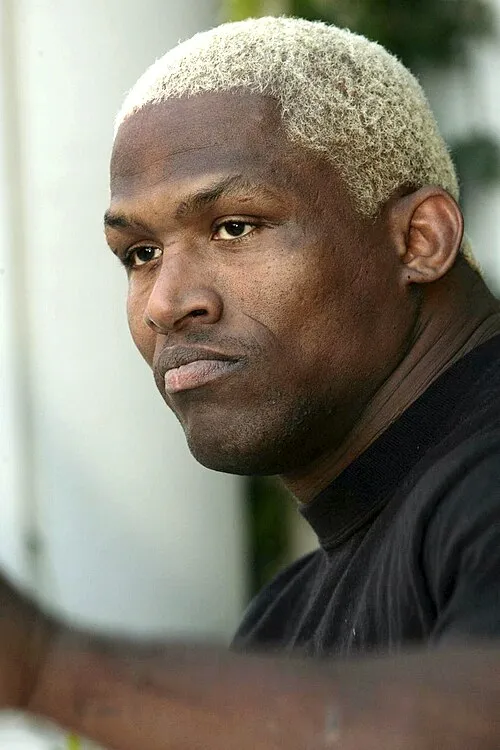"2024 Finnish Presidential Election: Alexander Stubb Wins as Finland's 13th President. Discover the key highlights and outcomes of this pivotal electoral event."
On February 11
16
Important Days
54
Important Events
259
Births and Deaths
recorded.
Holidays and Occasions
Events
Births and Deaths

European 112 Day: Understanding the Importance of Emergency Response in the EU
European 112 Day is observed every year on February 11th, emphasizing the importance of the single emergency number 112 in the European Union. This initiative aims to raise awareness about the availability and utilization of this crucial service, which connects citizens to emergency services across Europe...

Understanding Armed Forces Day in Liberia: History, Significance, and Celebrations
Armed Forces Day, observed annually in Liberia, is a significant occasion that honors the bravery and commitment of the nation's military personnel. This day is dedicated to recognizing the pivotal role that the Armed Forces play in safeguarding the sovereignty and security of Liberia...

Evelio Javier Day: A Tribute to Legacy and Leadership in the Philippines
Evelio Javier Day is a significant observance in Panay Island, Philippines, celebrated annually every February 11. This day honors the legacy of Evelio Javier, a beloved local leader known for his dedication to public service, social justice, and community development...

The Feast Day of Our Lady of Lourdes: A Celebration of Healing and Faith
The Feast Day of Our Lady of Lourdes is celebrated every year on February 11th, commemorating the apparitions of the Blessed Virgin Mary to Saint Bernadette Soubirous in 1858. This significant event continues to inspire millions of devotees around the world, symbolizing hope, healing, and the profound love of Mary for her children...

World Day of the Sick: Compassion and Healing in the Catholic Church
The World Day of the Sick, established by Pope John Paul II in 1992, is observed annually on February 11th, coinciding with the feast of Our Lady of Lourdes. This special day calls upon the Catholic community to offer prayers for those who are suffering from illness and to affirm the dignity of life and the importance of care for the sick...

Inventors' Day: A Celebration of Innovation in the United States
Every year, on February 11, the United States celebrates Inventors' Day, a special occasion dedicated to recognizing the contributions of inventors to society. This day is marked by events and activities aimed at honoring inventors' creativity and ingenuity, inspiring future generations to innovate...

National Foundation Day: Honoring Japan's Heritage
National Foundation Day, or Kenkoku Kinen no Hi, is a significant national holiday in Japan that celebrates the founding of the nation. Observed annually on February 11, this day commemorates the ascension of Emperor Jimmu, the first Emperor of Japan, to the throne in 660 B...

Youth Day in Cameroon: Celebrating the Future Leaders
Date: February 11 Every year, Cameroon celebrates Youth Day on February 11, a day dedicated to honoring the aspirations, achievements, and potential of the country's youth. This significant day not only marks the importance of young people in society but also serves as a reminder of the challenges they face and the support needed to empower them for a better future...

International Day of Women and Girls in Science: Empowering Future Generations
The International Day of Women and Girls in Science, celebrated on February 11, is a global observance initiated by the United Nations to promote gender equality and empower women and girls in scientific fields. This day serves as a reminder of the critical role that women and girls play in science and encourages their full participation in these sectors...

Exploring Colin Larkin's The Encyclopedia of Popular Music (2011)
In the realm of music literature, few works stand out as profoundly as Colin Larkin's The Encyclopedia of Popular Music, published in 2011 by Omnibus Press. This invaluable reference offers a deep dive into the diverse world of popular music, documenting the genres, artists, and movements that have shaped contemporary music over the decades...

A Comprehensive Review of Lentz's Heads of States and Governments Since 1945
Published in 2014, Harris M. Lentz's comprehensive reference book, Heads of States and Governments Since 1945, offers a detailed examination of political leadership throughout the post-war era...

Exploring Blaise Eastern Orthodox Liturgics and Its Significance
The Eastern Orthodox liturgical tradition is rich, vibrant, and deeply rooted in centuries of theological and cultural development. At the heart of this tradition is the figure of St...

Cædmon: The First Recorded Christian Poet in England
Cædmon, an influential figure in early English literature, is recognized as the first recorded Christian poet in England, living around the year 680 CE. His life and works illustrate the transition of the Anglo-Saxon culture towards Christianity, marking the beginning of a rich poetic tradition...

The Life and Legacy of Gobnait: Patron Saint of Beekeepers
In the heart of Ireland's rich tapestry of history and lore lies the enchanting tale of Gobnait, a revered figure often associated with beekeeping, healing, and community welfare. This article sheds light on her life, the legends that surround her, and the enduring significance she holds for many today...

The Legacy of Gregory II: A Church Leader of Reform
Gregory II, a significant figure in the history of the Catholic Church, served as pope from 715 to 731. His papacy is marked by critical reforms, strong resistance against the spread of iconoclasm, and a dedication to the territorial and spiritual sovereignty of the papacy...

Lazarus of Milan: A Journey Through His Life and Miracles
Lazarus of Milan, also known as St. Lazarus, is a lesser-known but fascinating figure in Christian hagiography...




















